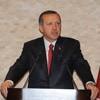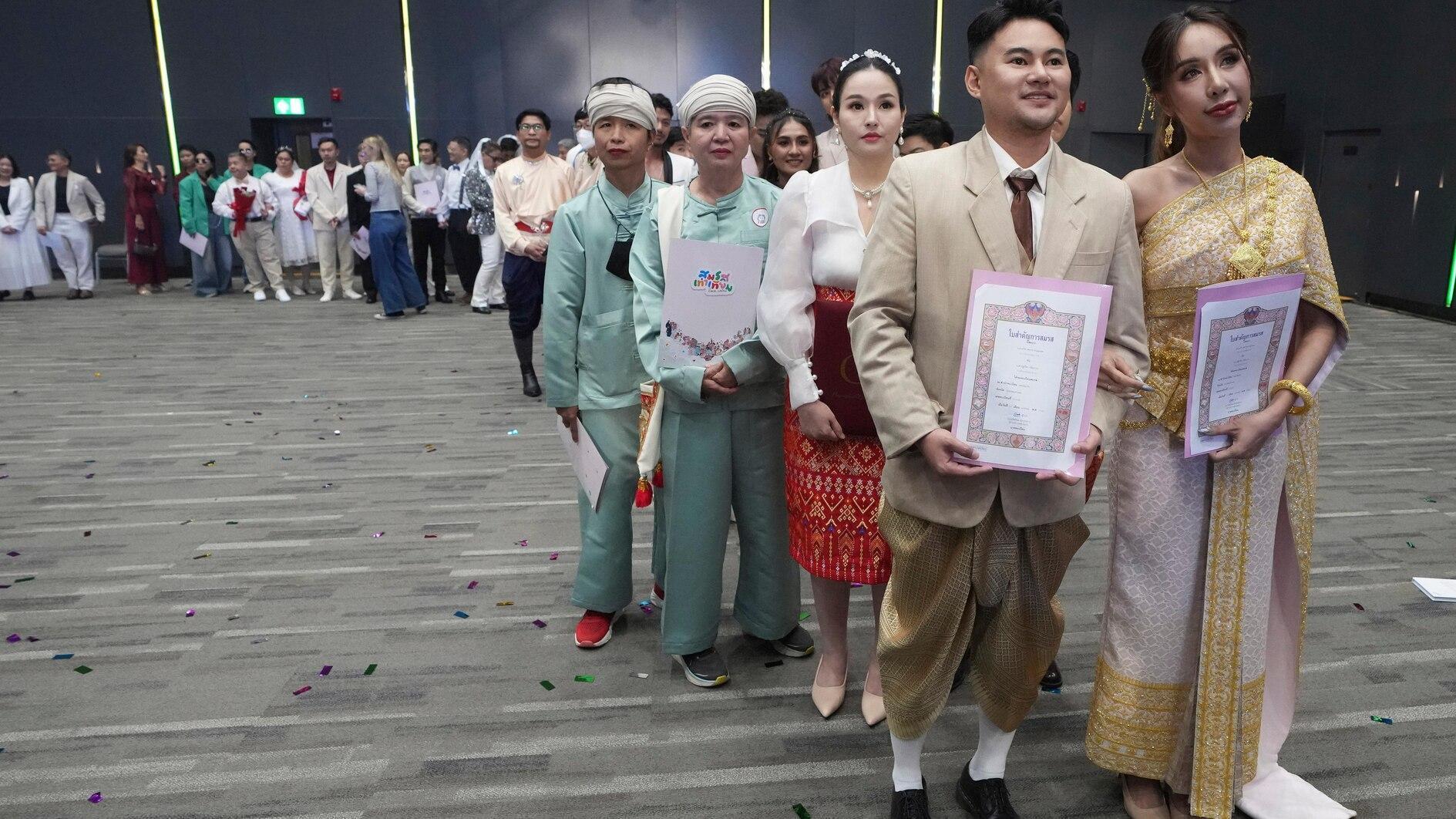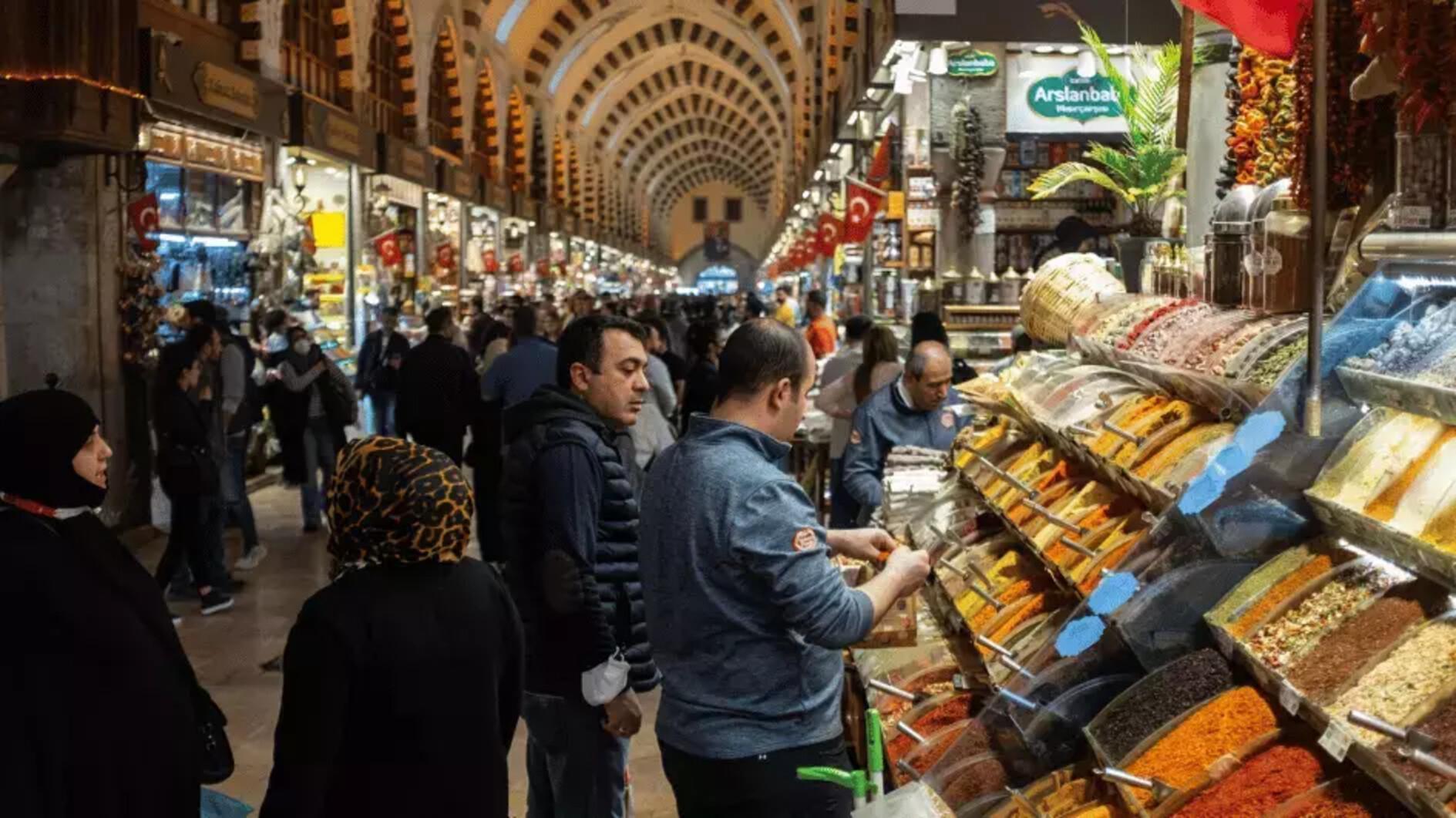PM unveils new incentive package
Hurriyet Daily News with wires

refid:11799303 ilişkili resim dosyası
Prime Minister Recep Tayyip Erdoğan unveiled on Thursday a long-awaited incentives package aimed at boosting employment, eliminating regional differences and minimizing negative impacts of the global financial crisis.
"We are implementing this incentive package to turn the crisis into an opportunity and to raise our competitive power," Erdoğan said, speaking at a press conference in Ankara promoting the new package.
The package includes regional, sectoral and project-oriented incentives and investments, aiming to overcome Turkey's decades-long regional imbalances as well as to boost the economy's competitive power in the global arena. The package also includes measures to encourage investors and foster investments especially in the economically disadvantaged regions.
The two-year set of investment incentives will give priority to provinces in the east of the country, where investors would be able to apply for free land and will be taxed at a reduced corporate tax rate of 2 percent, instead of the usual 25 percent. The investors will be supported with cuts in social security premiums for workers, free land and cheap credit. Businesspeople will be exempt from social security employment premiums they normally pay for new employees and will pay a corporate tax of between 2 and 20 percent according to the region they invest in.
"Those who invest in less developed regions will make use of this tax opportunity for a long time," Erdoğan said, adding that only those who launch their investments until the end of 2010 will be able to benefit from new incentives.Erdoğan said they determined 12 sectors for big project investments that require high technology and capital, while tax breaks will be applied to investments greater than 250 million Turkish Liras ($160 million) in 12 sectors including transit pipelines, air vehicles, metals, mining, transportation and oil refining.
Benefits for the less fortunate
The government is dividing Turkey into four regions based on their socio-economic development levels and more incentives will be applied for investments in poorer regions, according to the package. Corporate tax rates will be reduced to 10 percent from the existing 20 percent for investments in the first region, to 8 percent for the second region, to 4 percent to the third region and to 2 percent to the fourth region, which comprises most of southeastern and eastern Anatolia.
Under the revised system of incentives, the government will encourage investments in agriculture and textiles in the poorest provinces, while backing electronics and automotive investment in the wealthier west. Agriculture- and manufacturing-oriented sectors, including textile, leather, plastic and metal goods will be encouraged in the third and fourth regions. In the second region, technology-oriented sectors will be supported while in the third region, motor and land vehicles and sub-industries, as well as investment in the fields of electronic, medicine, machinery manufacturing and medical equipment will be supported."More or less, all of the 81 provinces will benefit from the incentive support," said Erdoğan.
Earlier media reports suggested the new economic stimulus package could be worth 60 billion liras ($39 billion). ErdoÛan also unveiled a package to increase employment, noting that the cost of this package is close to 1 billion liras ($648.1 million). The package includes renovating schools and hospitals, support for vocational schools and apprenticeship schemes and environmental reforms in a bid to increase employment. Companies will also be exempt from paying social security premiums for workers hired after April 30, he said.
He also announced that 120,000 jobless people would be employed for six months planting trees and repairing government buildings as part of a program designed to reduce the jobless rate that hit 16.1 percent in February. The package is supposed to create job opportunity for around 500,000 citizens. "The scheme seems well-conceived," Bloomberg quoted Baturalp Candemir, chief economist at EFG Istanbul Securities, as saying. The majority of the financial burden will come next year, when corporate tax reductions take effect, he said.
Erdogan also said the government is continuing talks with the International Monetary Fund. "But let me underline that we cannot say 'yes' to a deal that will harm the country's interests," he said. "If a proposal [from the IMF] has political content, we cannot look at it positively," he added, without elaborating.
















